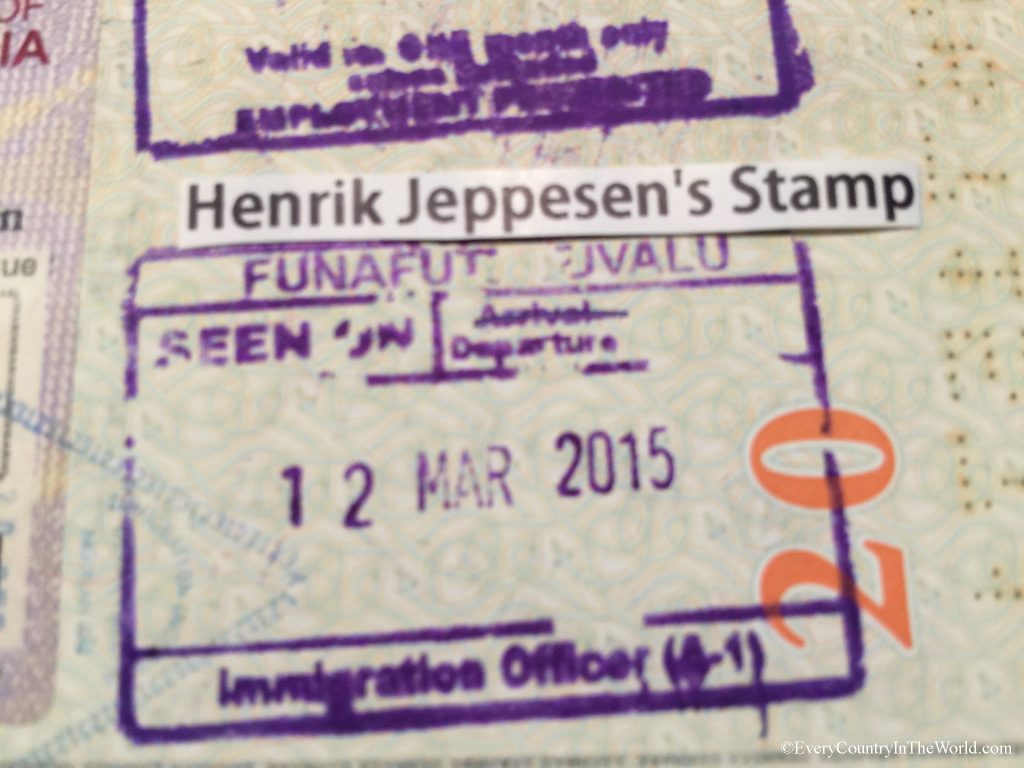What Is the Least Visited Country in the World?
 World Tourism Organization (UNWTO) is collecting statistics on the number of visitors each country receives every year. In 2019, Tuvalu in the Pacific took the spot as the least-visited country in the world.
World Tourism Organization (UNWTO) is collecting statistics on the number of visitors each country receives every year. In 2019, Tuvalu in the Pacific took the spot as the least-visited country in the world.
Rank, Visitors in 2019
1 Tuvalu 3,700
2 Marshall Islands 6,100
3 Niue 10,200
4 Kiribati 12,000
5 Micronesia 18,000
6 Montserrat (UK territory in the Caribbean) 19,300
7 Solomon Islands 29,000
8 Sao Tome and Principe 34,900
9 Comoros 45,000
10 Guinea-Bissau 52,000
About Tuvalu
Tuvalu is a small island nation located in the Pacific Ocean, about halfway between Hawaii and Australia. With a population of just over 11,000 people, Tuvalu is one of the lowest and most remote countries in the world. Despite its size and insulation, Tuvalu has a rich culture and history that’s worth exploring.
Tuvalu is made up of nine small islands, with a total land area of just 26 square kilometres. The islands are low-lying and vulnerable to rising ocean situations, making them one of the most at-threat nations in the world when it comes to climate change. The main islet is called Funafuti, which is home to the country’s capital megacity, also called Funafuti.
The people of Tuvalu are known as Tuvaluans or Tuvaluan Islanders. The maturity of Tuvaluans is Polynesians, with a small nonage of Micronesian and European descent. The sanctioned language of Tuvalu is Tuvaluan, which is a Polynesian language nearly related to Samoan and Tokelauan. English is also extensively spoken on the islands.
Tuvalu has a rich artistic heritage, with traditions that have been passed down for generations. One of the most important aspects of Tuvaluan culture is cotillion. The islanders have developed a unique style of cotillion that involves intricate hand and bottom movements, as well as the use of suckers and other props. Music is also an important part of Tuvaluan culture, with the use of cans, guitars, and ukuleles.
The traditional way of life in Tuvalu revolves around fishing and subsistence husbandry. The islands have a tropical climate, which allows for the civilization of coconuts, breadfruit, taro, and other crops. The Tuvaluans also grope for a variety of seafood, including tuna, tiger, and octopus.
Despite its insulation and small size, Tuvalu has made a name for itself on the transnational stage in recent times. The country has come a commanding voice in the fight against climate change, due to its vulnerability to rising ocean situations. Tuvalu has supported for the reduction of hothouse gas emissions and has been active in transnational climate accommodations.
In conclusion, Tuvalu may be small and remote, but it has a rich culture and history that’s worth exploring. From its unique style of cotillion to its traditional way of life, Tuvaluans have important to be proud of. As the world becomes decreasingly apprehensive of the impacts of climate change, Tuvalu’s voice is getting ever more important in the global discussion.
